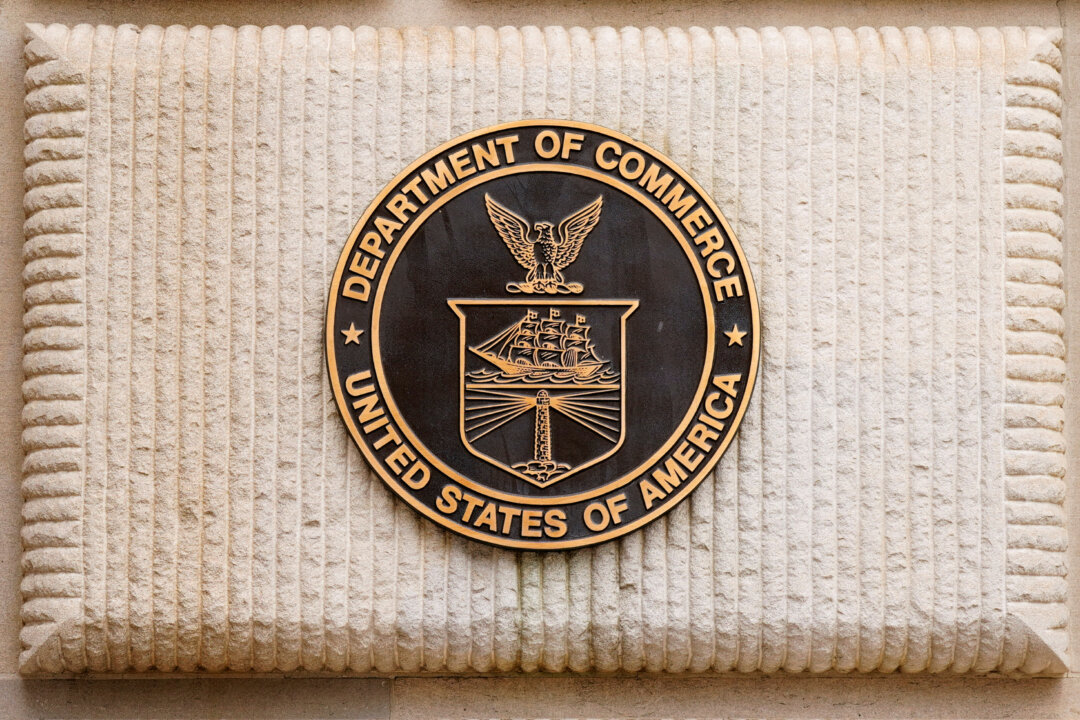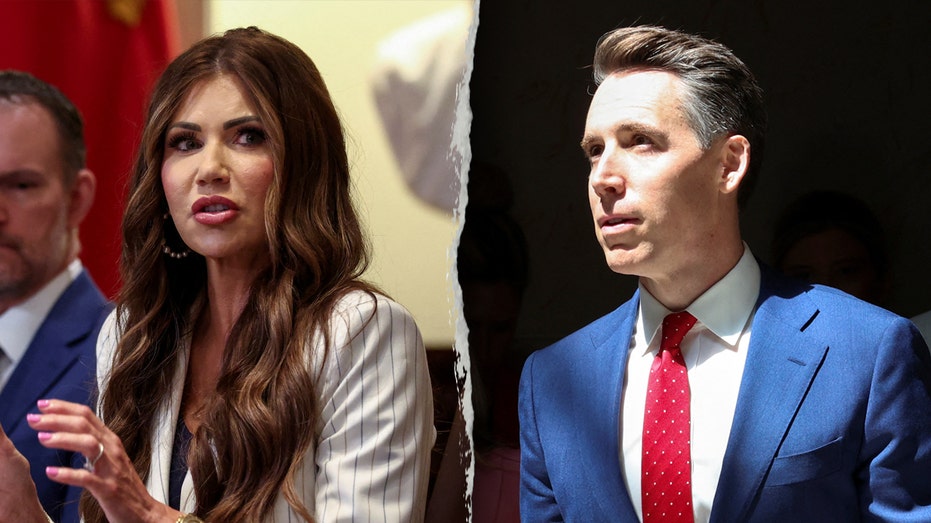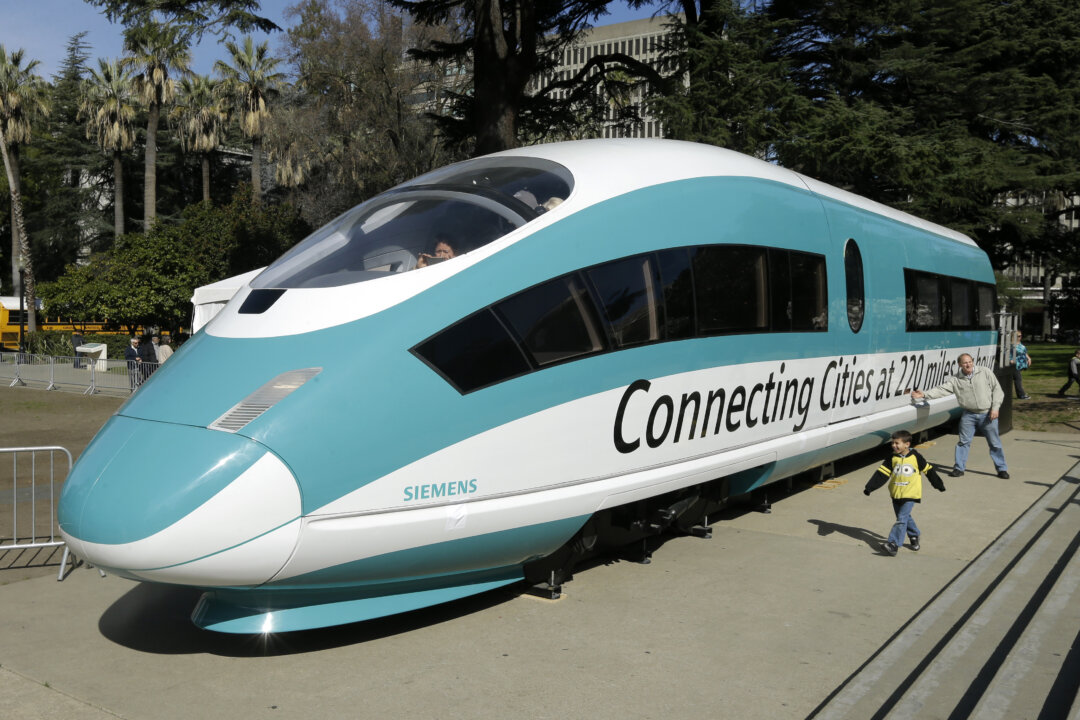Imagine for a moment a tech tycoon whose business empire relies on a cozy relationship with the federal government. Once a major Republican donor, he has gotten fed up with the two-party system and launched his own third-party political operation. His big concern is massive budget deficits, and he pledges to clean up government fraud, waste and abuse and sweep away bureaucratic red tape — applying the know-how of a systems engineer to tame the federal behemoth.
He has adoring fans who see in him an almost superhuman capacity to save the country, though he also has many detractors who see an erratic, paranoid and authoritarian personality, a megalomaniac in waiting. Opponents suspect the billionaire of offering political donations for lucrative government contracts. He promotes wild conspiracy theories involving high government officials. He wants to replace Congress and possibly the Constitution itself with government by electronic plebiscite where the public will instantly weigh in on the issues. And he routinely proposes grandiose plans only to get frustrated with media scrutiny, lose interest and sulk away. Then, all of a sudden, he announces a dramatic return to political life.
I think you all know who I’m talking about: H. Ross Perot, the eccentric Texan founder of Electronic Data Systems and two-time presidential candidate. But you get the conceit: I could just as easily be talking about Elon Musk.
Musk might even see Perot as his intentional model. On a February episode of the Joe Rogan Experience, the podcast host admiringly brought up Perot’s strong challenge to the Republican-Democrat “uniparty” system in his 1992 presidential bid, and Musk replied, “I think most of what he was saying was true.”
Perot never became president, but his nearly 19 percent of the popular vote in 1992 marked the most successful independent White House bid in modern times. He also reshaped American politics for years to come, forcing both parties to focus on the deficit and planting the seeds for the kind of populist revolt that would bring Newt Gingrich control of the House and ultimately lift Donald Trump to power.
But replicating Perot’s successes in 2025 and beyond won’t be easy for Musk. Not only are the men actually quite different, but so is the moment.
When Perot launched his campaign on “Larry King Live” in 1992, the public was deeply disillusioned with both political parties. The perception was that Democrats and Republicans alike were corrupt and beholden to special interests. A financial debacle revealed a political and economic elite in cahoots, with little accountability afterwards. The country was in the throes of a recession, and throughout the previous decade, the standard of living for the middle class was stagnant or falling. The Cold War had ended abruptly, and the nation felt adrift. Perot spoke directly to these concerns, monopolizing cable and talk radio coverage during the election. He excited an electorate that felt alienated and angry.
While Perot was eccentric — and spoke to a part of the country that felt increasingly left behind — he was also Middle American, folksy and quite conventional. He deployed charming old idioms with a Texan twang. He was the ultimate square with a flattop: a churchgoer, a doting husband and father, who never swore in public. He wore a suit, always with a white shirt and conservative ties. He decorated his office with Norman Rockwells and sculptures of cowboys. After a stint in the Navy during the Korean War, he worked as a salesman for IBM, perhaps the most buttoned-up corporation in a buttoned-up age. He took its corporate ethos into his entrepreneurial ventures. His image was not one of “chaos agent” or “disruptor-in-chief” but of competence, thrift and conscientiousness. Although his business was high-tech for its time, he was a figure of nostalgia. He represented the eternal 1950s, offering a hokey but comforting Americana that people still yearned for. And he was highly sober, even threatening to turn the military on drug dealers.
Regardless of whether you believe the reports of Musk’s recreational activities, a South African immigrant and regular Burning Man attendee doesn’t exude wholesome Americana.
The voters who flocked to Perot also differ greatly from Musk’s supporters. Perot’s people had been the managerial middle of the Cold War: engineers, office administrators and plant supervisors. Now they were being pushed into precarity, their worlds eroded by outsourcing and mergers and the sudden reduction of the defense and aerospace industries. Although Perot pitched himself as an alternative to the mainstream parties, Perot’s base was rooted in the civic cultures of the Sun Belt suburbs and upper-Midwestern small towns — places where Rotary Clubs still met and where people watched 60 Minutes religiously. He did activate young, downwardly mobile voters who felt left out of the system, but many of his most dedicated volunteers had long histories of civic engagement. His political language was populist and he thrived in new media, but he was still bound by the old rituals of bipartisan America, things like the pledge of allegiance, town halls and debates moderated by broadcast anchors. These were people who had made it in the old system but no longer believed it was working. Their politics was defined not by class position exactly, but by a sense of loss: of competence, seriousness and national unity. They had believed in the postwar order, and when it cracked, they reached for someone who promised to restore it.
Musk has a much more fragmented nation and political terrain to navigate, in large part thanks to the social media revolution that he has hijacked. He doesn’t speak for a class so much as he performs for fragmented audiences: a lumpenbroletariat of downwardly mobile professionals, bitter Redditors, anime porn addicts, finance bros, crypto hustlers, divorced dads stuck in YouTube rabbit holes. His appeal cuts across the cultural wreckage of the white middle class — not through its shared values, but through shared disillusionment. They don’t have a real memory of a lost Golden Age, just AI-generated kitsch images that make Perot’s Rockwellian America look like high art. This is not a constituency so much as a fickle public that wants to be entertained and distracted. They do not have the attention span to become the dedicated volunteers that got Perot on the ballot in 50 states. They rise in enthusiasm only to quickly return to indolence. And he has a major competitor for their attention: Trump, who can channel the same anti-system energy, but is genuinely funny and spontaneous in a way that Musk simply isn’t.
Musk’s moment may have passed as well. Richard Hofstadter famously wrote, “Third parties are like bees: Once they have stung, they die.” Musk may have already stung. He has plenty of money in the bank, but he’s spent much of his political capital. He rode into D.C. triumphantly with Trump’s inauguration and then sort of skulked away in ignominy after making a spectacle of himself. His bold plan to fix the federal government with DOGE was both disastrous and anticlimactic. If you trust the polls, the public seems fed up with him. And is the deficit really enough of a political issue today? In the 1990s, Perot was able to make the deficit and debt a symbol of the declining economic fortunes of the nation. It’s unclear if Musk can do the same in an age of distraction. Heck, it’s unclear if Musk will even stay focused on his own political projects if he experiences setbacks or frustrations.
Finally, what is Musk’s lane? For his era, Perot ran as a social moderate, with liberal views on abortion and guns, but Musk has associated himself with the hard right on cultural and social issues. Perot was not a paragon of racial enlightenment — referring to an NAACP audience as “you people” hurt his 1992 candidacy — but he also spoke of the military as a true meritocracy that had helped reduce racism. Musk would likely mock such talk as “woke.” Perot also championed economic nationalism and played to worries over what foreign trade was doing to American manufacturing. Musk, with extensive business interests in China, has no such cares; and besides, that populist issue is fully monopolized by Trump.
There is one issue that Musk may be able to exploit, a new vulnerability for the Trump administration: the so-called Epstein Files. Musk has seized on it amid his feud with Trump, and it echoes Perot’s own promotion of the “living prisoner” myth, the idea that the U.S. had abandoned soldiers in Southeast Asia after the Vietnam War. His advocacy for the POW/MIA movement fueled new distrust in the federal government, and no matter how much information was released or how many committees investigated it, the issue would not go away. The Epstein saga certainly has an emotional resonance that could fracture Trump’s base and leave the discontented looking around for an alternative. But how many single-issue Epstein voters will there be one year from now, let alone three?
Without the ability to run for president, Musk is arguably emulating the least successful part of Perot’s political career: his attempt to start a third party.
The Reform Party collapsed in a decade, elected just one statewide official in the person of Jesse Ventura, and no members of Congress. At the end of its existence, it was riven with factions, lacked any clear ideological vision for the country and became a catch-all vehicle for cranks and malcontents. Of course, one of those was named Donald Trump, who ran for the Reform Party presidential nomination in 2000.
Perot’s political endeavors fed on political cynicism, but also deepened it: The message of “nothing works” resonated. In that sense, there may be some similarities between then and now. Musk’s America Party may not succeed in doing much in the short term, but it’s worth watching closely. While Perot seemed to fade away and become a piece of political trivia, his movement sowed the seeds of a new type of politics. As Musk’s moment may be already passing, it’s time to imagine what may come after.
.png)














 English (US)
English (US)